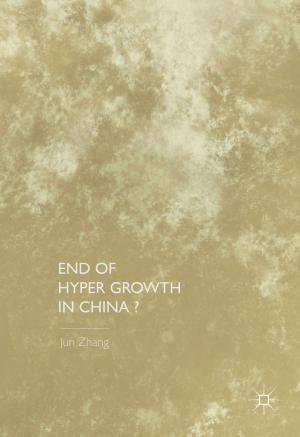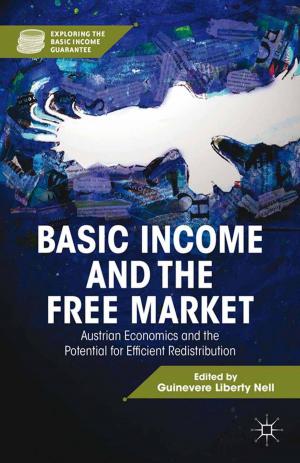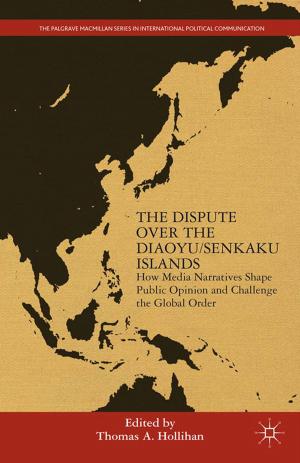Japan's Great Stagnation and Abenomics
Lessons for the World
Business & Finance, Economics, International Economics| Author: | Masazumi Wakatabe | ISBN: | 9781137438850 |
| Publisher: | Palgrave Macmillan US | Publication: | April 23, 2015 |
| Imprint: | Palgrave Macmillan | Language: | English |
| Author: | Masazumi Wakatabe |
| ISBN: | 9781137438850 |
| Publisher: | Palgrave Macmillan US |
| Publication: | April 23, 2015 |
| Imprint: | Palgrave Macmillan |
| Language: | English |
As the global Great Recession continues, policymakers, economists, and the public are turning to Japenses economic revitalization for answers. Paul Krugman, Nobel laureate in Economics, once said that Japan was a "full-dress rehearsal for the current crisis." Japan has experienced and valiantly overcome the burst of their Bubble economy, financial crisis, lukewarm recovery, and more than a decade-long deflation and stagnation to become one of the most stable economies today.
Japan's Great Stagnation and Abenomics reveals the striking similarities of economic events and policies between the Great Stagnation and the current Great Recession. It also suggests possible dangers ahead and way-outs in the future. This exciting new volume is based on Wakatabe's expertise in economic history and the history of economic ideas and argues that any policy decision is related to cultural ideology. An investigation into the relationship between cultural ideology and policy helps us better understand the policy-making process.
As the global Great Recession continues, policymakers, economists, and the public are turning to Japenses economic revitalization for answers. Paul Krugman, Nobel laureate in Economics, once said that Japan was a "full-dress rehearsal for the current crisis." Japan has experienced and valiantly overcome the burst of their Bubble economy, financial crisis, lukewarm recovery, and more than a decade-long deflation and stagnation to become one of the most stable economies today.
Japan's Great Stagnation and Abenomics reveals the striking similarities of economic events and policies between the Great Stagnation and the current Great Recession. It also suggests possible dangers ahead and way-outs in the future. This exciting new volume is based on Wakatabe's expertise in economic history and the history of economic ideas and argues that any policy decision is related to cultural ideology. An investigation into the relationship between cultural ideology and policy helps us better understand the policy-making process.















